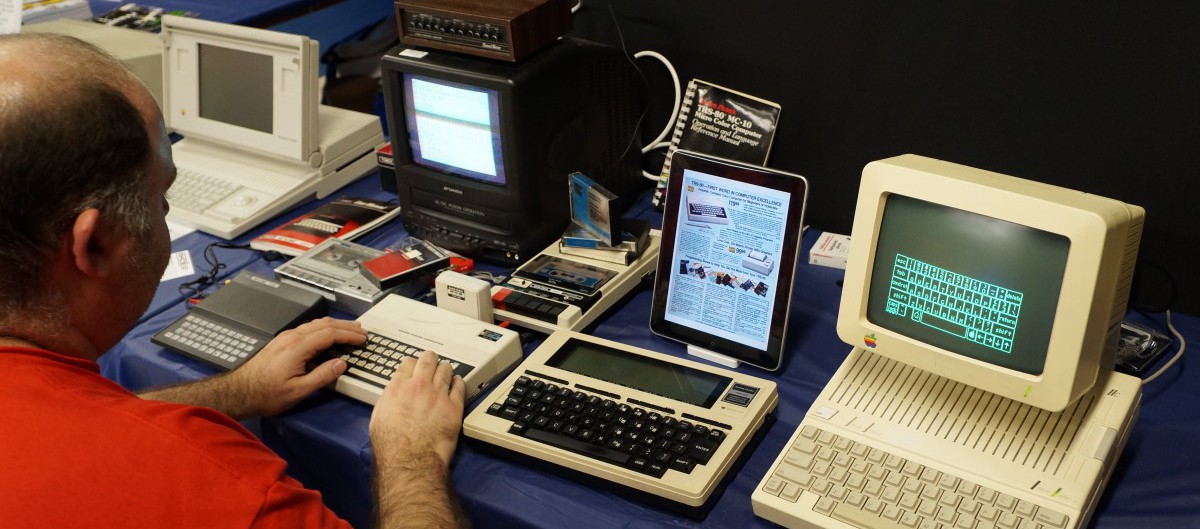During the first ten minutes of class, write a summary memo on chapter 5, “Online Language and Social Interaction” from Jones and Haffner’s Understanding Digital Literacies. After you’ve had a chance to write your memo and post it as a comment to this blog entry, we will discuss the chapter in depth before turning our attention toward Project 3.
4 thoughts on “Beginning of Class Writing: Jones and Haffner, Understanding Digital Literacies, Chapter 5”
Leave a Reply
You must be logged in to post a comment.




To: Jason W. Ellis
From: George Gordon
Date: March 10th, 2016
Subject: Chapter 5 Summary
This chapter delves into the topic of how, with the creation of the internet, our language and interaction with each other has adapted to fit the online nature we are using. We have a different manner of speaking to each other through text or comments online and we have adapted the use of online speak.
We have come to use texting as a way of furthering our relationships with people and leave our “important” discussions for those that would be face to face or to simply tell others something that wouldn’t justify a whole phone call or conversation. A
This idea of how we may use texts to further solidify our relationships with one another was definitely interesting.
To: Jason W. Ellis
From: George Gordon
Date: March 10th, 2016
Subject: Chapter 5 Summary
This chapter delves into the topic of how, with the creation of the internet, our language and interaction with each other has adapted to fit the online nature we are using. We have a different manner of speaking to each other through text or comments online and we have adapted the use of online speak.
We have come to use texting as a way of furthering our relationships with people and leave our “important” discussions for those that would be face to face or to simply tell others something that wouldn’t justify a whole phone call or conversation. As well as, adapting new personas for use online as a way of reaching out or to test out how being something different than what we normally are.
This idea of how we may use texts to further solidify our relationships with one another was definitely interesting as I had never thought of it in that way. I can think of all the nonsensical and “pointless” conversations I’ve had through text and realize that they really did have a meaning, as it was keeping a relationship with each other.
To: Professor Ellis
From: Christopher Navarrete
Date: March 10, 2016
Subject: Chapter 5 Summary
Chapter 5 goes in depth about how digital media has affected the way we use language to conduct interactions online. Users that text and use social media websites such as Facebook and Twitter have created their own language that consist of abbreviations, emotes, and the wrong use of grammar. Because of this, it is believed that this language, “Netspeak” (coined by David Crystal), causes us to forget the correct way of writing and speaking English. However this doesn’t appear to be the case as several studies have shown that students who text have high grades in their English classes.
Of course not every person who texts write the same way. We write differently depending on who we are speaking to. Our relationship and attitude towards the person we are writing to will cause a great difference in the way we communicate. For example, the way a teenage girl texts will be different compared to the way President Barrack Obama texts.
Digital media has also caused individuals to create their own unique languages for their own purposes. This unique language is usually used by a group of people in a game or blog as it allows them to be easily marked as members of said group.
To: Jason W. Ellis
From: Ashley A. Dunlap
Date: March 10th, 2016
Subject: Project 3 Planning
Chapter 5 explores the effects and affordances of internet communication and space. With the increasing use of the internet for social interaction, there is a new variation of language referred to as “netspeak”. This feels slightly outdated because as an active social network user, most people have shifted back to using proper grammar and articulating themselves. Aside from Twitter, which limits users to 140 characters, media platforms promote the flow of articulate conversation.